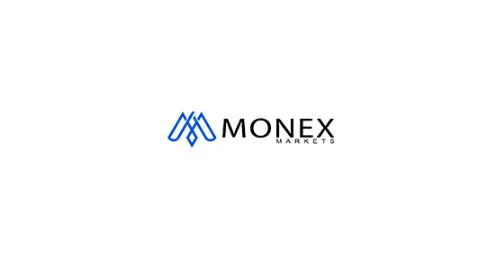Rewriting the Rules: How Hybrid Work Is Reshaping Insurance Office Culture
A New Way of Working Has Settled In
Hybrid work is no longer a temporary fix—it’s now a long-term strategy for many businesses, including insurance agencies. Where offices used to hum five days a week with in-person meetings, client calls, and desk-side collaboration, today’s teams are often split between home and office, rotating days or working fully remote depending on roles and preferences.
This shift has done more than change where people work. It’s reshaping the values, expectations, and day-to-day rhythms of insurance agency culture. Leaders must now reimagine what team cohesion, productivity, and client service look like in this new reality.
Redefining Collaboration and Communication
Traditional office environments made it easy to have quick check-ins and impromptu brainstorms. With hybrid models, those same interactions require more intentionality. The informal desk chat has turned into a Slack message or Zoom call. For some, it’s a seamless shift. For others, especially in roles that depend on collaboration—like claims teams or sales support—it can feel like a hurdle.
To maintain strong collaboration across hybrid teams, agencies are:
- Setting clear rules around communication platforms (e.g., Slack for quick questions, email for formal updates)
- Creating virtual “open office hours” where teammates can drop in on video calls
- Using collaborative tools like shared digital whiteboards, live document editing, and task management platforms to replicate real-time brainstorming
The result isn’t about mimicking the office—it’s about creating new workflows that feel just as effective.
Trust and Accountability Look Different
In a hybrid model, trust becomes a pillar of culture. Managers can no longer rely on visual cues to gauge productivity. Micromanagement is ineffective, and morale suffers when teams feel watched rather than supported.
Instead, successful insurance agencies are shifting toward output-based accountability. That means trusting employees to manage their time and measuring performance based on results, not desk presence.
To support this, agencies are:
- Defining clear KPIs and expectations for each role
- Using project tracking tools to monitor deliverables without constant check-ins
- Encouraging employees to block “focus time” where they can work without interruption
This approach helps build a culture of autonomy and ownership while keeping team goals aligned.
The Office Has a New Purpose
If the office is no longer the daily default, what is it? For many insurance teams, the physical office is becoming a hub for specific kinds of interactions—team building, training, and high-value collaboration.
Agencies are rethinking their layouts, moving away from rows of desks and toward flexible, shared spaces designed for:
- Workshops and planning sessions
- Client presentations and consultations
- Social gatherings that help reinforce company culture
When people come into the office, it’s intentional. That changes the energy and expectations, and it requires careful planning to make each visit worthwhile.
Onboarding and Training Need a Rethink
One of the biggest shifts in office culture is how new hires are onboarded. In the past, a new team member could learn by observation—listening in on calls, asking questions over lunch, or shadowing a senior agent. In a hybrid setting, those casual learning moments are fewer and farther between.
Agencies are adapting by:
- Creating structured onboarding programs that combine virtual and in-office touchpoints
- Recording training videos that can be accessed anytime
- Assigning peer mentors or “buddies” to help new hires navigate systems and culture
The goal is to help every new team member feel connected and confident, regardless of where they’re working.
Preserving Culture Without the Watercooler
Insurance work can be high-pressure and detail-oriented. Having a supportive culture makes a difference. In hybrid environments, preserving that culture means being deliberate about how people connect.
Agencies are finding new ways to maintain a sense of team, such as:
- Virtual coffee chats or non-work Slack channels
- Monthly in-person team lunches or celebrations
- Sharing client success stories to remind teams of their impact
These small efforts can help bridge the physical gap and keep people feeling part of something bigger.
Clients Are Feeling the Shift Too
Hybrid work doesn’t just affect internal operations—it also changes how clients interact with their insurance agency. Many customers now expect remote meetings, digital document signing, and fast email or SMS replies.
To meet these expectations, agencies are:
- Offering flexible meeting options (in-person, phone, or Zoom)
- Using digital tools to streamline onboarding and claims
- Training staff to maintain personal touchpoints through remote channels
The goal isn’t to digitise everything, but to make every interaction—whether online or in person—feel seamless and attentive.
Conclusion: Culture Is No Longer Defined by the Office
Hybrid work is here to stay. And for insurance agencies, that means culture can’t rely on shared space alone. It must be built on shared purpose, transparent communication, and a commitment to connection—wherever people log in from.
By adapting policies, rethinking rituals, and investing in both people and platforms, agencies can create a workplace culture that’s just as strong—if not stronger—than before. Hybrid may have changed how teams operate, but it doesn’t have to dilute what makes them thrive.


